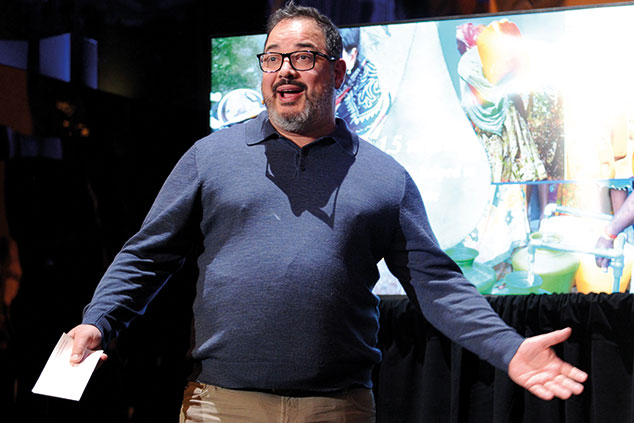
Two months after Kraft Heinz “shocked” investors by announcing an annual loss, slashing its dividend and revealing an investigation by America’s securities watchdog, the world’s fifth-largest food and drinks producer has unveiled a new chief executive officer (CEO), reports James Dean in The Times. Miguel Patricio, the former chief marketing officer at Anheuser-Busch Inbev, will replace Bernado Hees, who has been in the job for the past four years. This change comes as the shares in the company have fallen 57% since the merger between Kraft and Heinz in 2015.
It’s high time Kraft Heinz made “a new start”, says Amanda Gomez on Breakingviews. In addition to a new CEO, Kraft Heinz should also recruit more external directors to diversify a board that is “neither as varied in sector experience as competitors like Nestlé and Coca-Cola, nor as large as the board at Kellogg’s or Mondelez International”.
The to-do list
The new boss is likely to try to focus on improving Kraft Heinz’s fortunes through better marketing, says Heather Haddon in The Wall Street Journal. Already Patricio has pledged to work on making the company’s existing brands, which he describes as “a little bit dusty”, appeal more to consumers. However, when it comes to this area Patricio’s record is decidedly mixed: although he was able to boost global sales of Anheuser-Busch’s “flagship” brands, “the brewer’s sales volumes fell overall in the US”. Tellingly, Anheuser-Busch “faced the same problems that have hurt Kraft”, such as “the growing preference among many consumers for smaller, locally made beverage and food brands”.
Patricio clearly needs to improve Kraft Heinz’s sales, says Lex in the Financial Times. However, Kraft Heinz’s finances “are so bleak that deleveraging is as immediate a goal as innovation”. Kraft has accumulated net debt worth approximately $30bn, four times its earnings before interest, tax and amortisation (Ebitda). If Patricio doesn’t tackle this rapidly, Kraft Heinz will struggle to keep its bonds rated at investment grade. Even if it succeeds, “its debt resembles junk in many other respects”.
Kraft Heinz’s debt woes highlight the fact that its problems don’t stem “from a single manager”, says Tara Lachapelle on Bloomberg. Rather, they are the consequence of “an ethos brought to the company by its private-equity owner, 3G Capital, and championed by billionaire Warren Buffett”. This approach is not only “obsessed with cutting costs”, even when it hurts the wider company, but it also “deems debt-driven mega-mergers a better path to growth than investing more heavily in product innovation”. What makes this “flawed business strategy” particularly puzzling is that it “seems entirely contradictory to what Buffett has nurtured at Berkshire and has looked for in its holdings”.